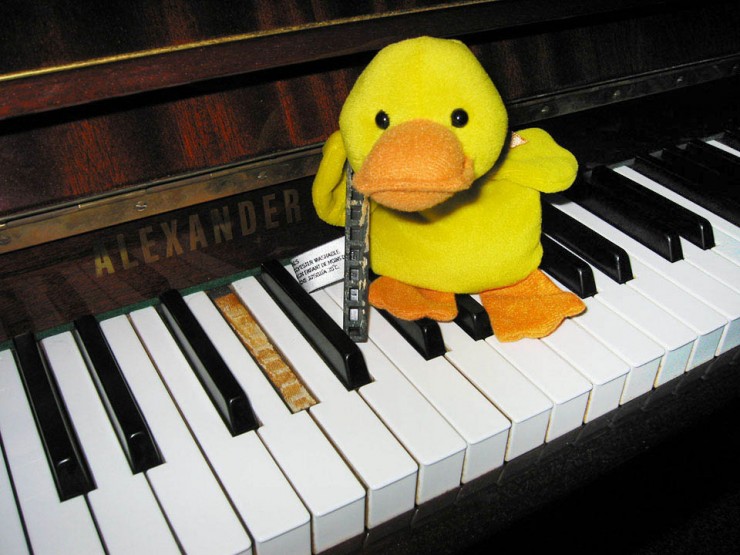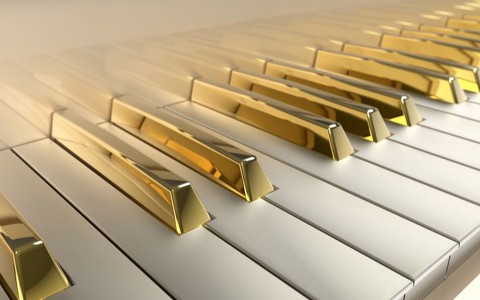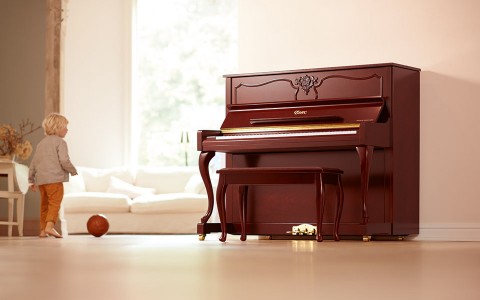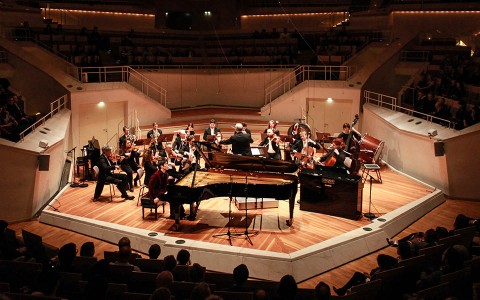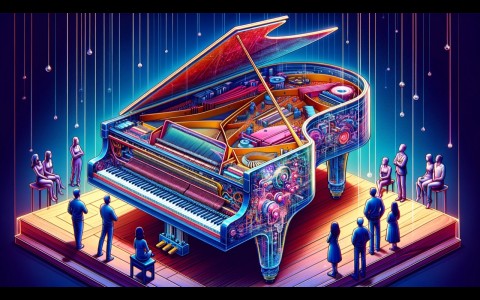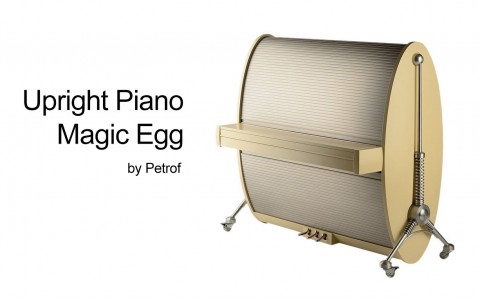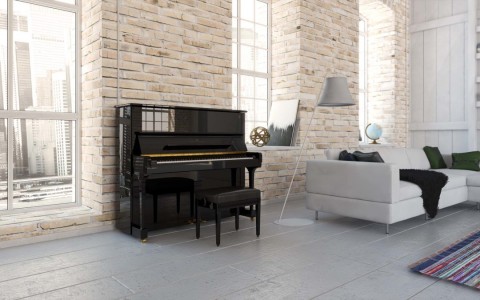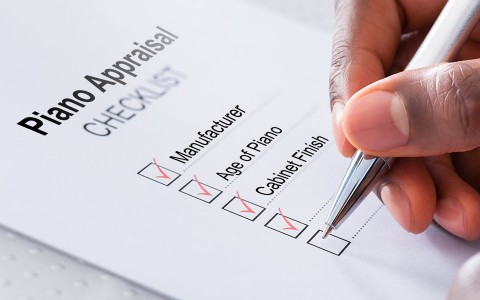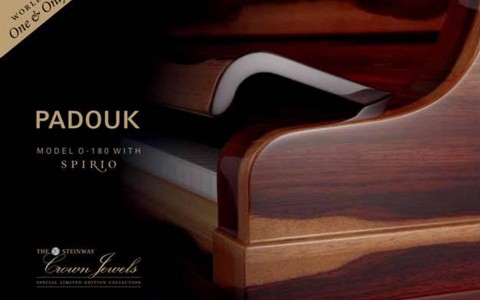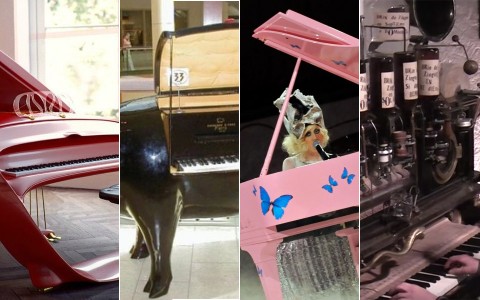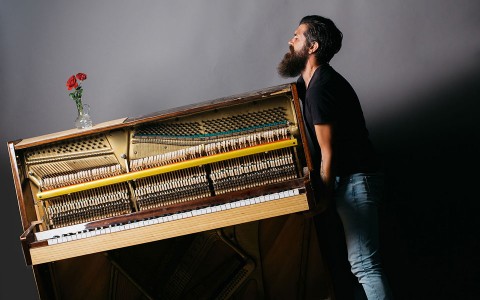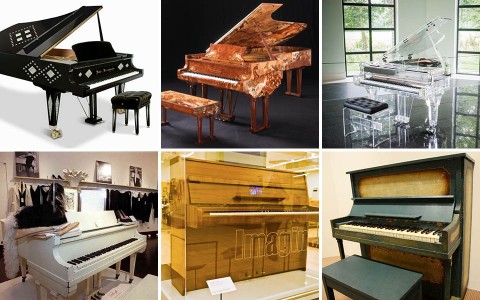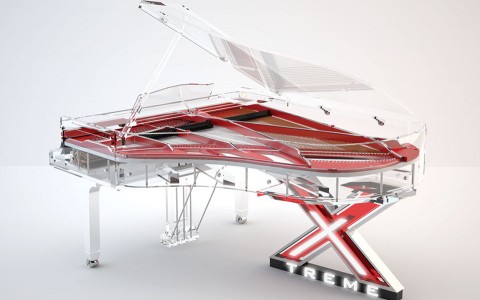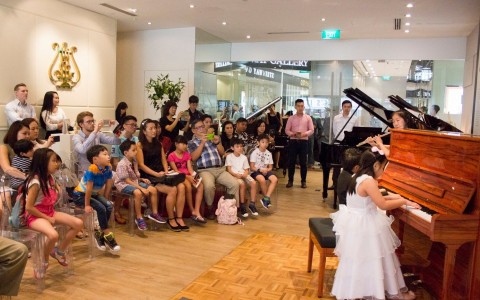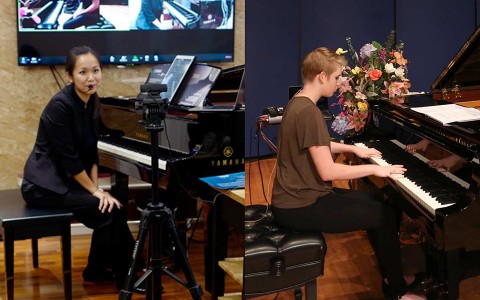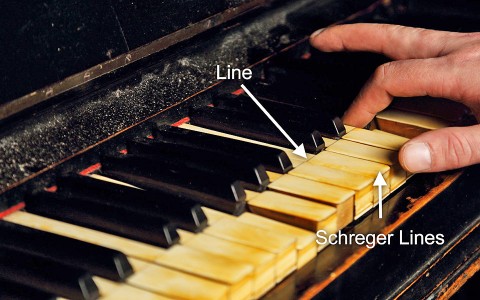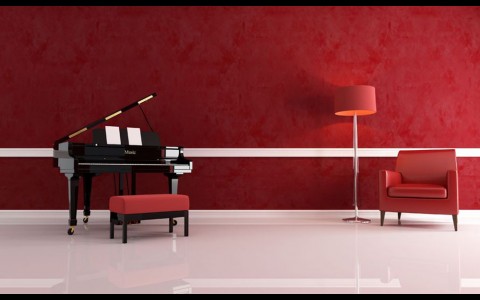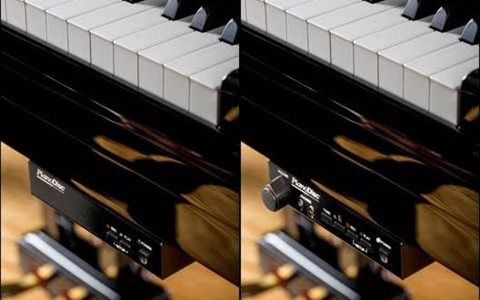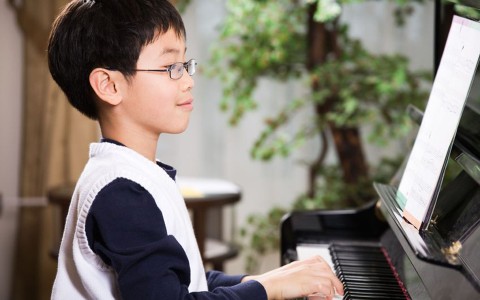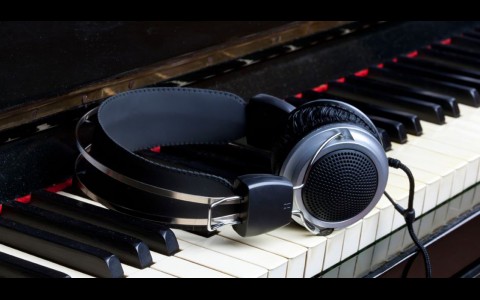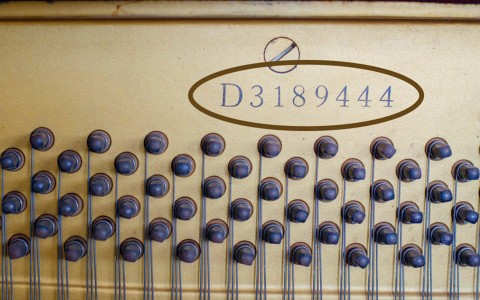It seems appropriate that I write about a piano I owned some years back. After all, this piano was with me through the growing, as well as hardest and punishing years. There were sweet and bitter times whose details need to be shared, both to satisfy my desire to immortalise its existence, and to offer myself a chance to take a stroll down memory lane.
I started learning piano at the last quarter of Primary 5, and was considered a late learner to many who began formal training from as early as 4 years old. Coming from a poor family, my first piano was a Yamaha which was given as a gift from a relative who would not let it continue to be a white elephant. That year was 1990.
In 1993, my mother and I were introduced to a Alexander Herrmann piano. We were told it was a German piano, and there was an incredulous once-in-a-century big discount of 50% that we shouldn't give up! Priced at S$18,000 initially, the final retail price of S$9,000 was a real bargain. I was doing Grade 5 then, and was advised that a better European piano was necessary for higher grades (Grade 6 and above). Are European pianos necessarily better than the Asian? My mum made the purchase. Silently, I knew how deep her love for me was. We were too poor to afford that, and I suspected a loan from my relative was in the plan.
I enjoyed playing on the new piano a lot. It had very strong bass sounds, and exhibited more tonal qualities than my previous piano. The mahogany colour was also a refreshing exit from the typical black, and I had a smug on my face because this was my first European piano. I cleared my higher Grades, and mastered more difficult pieces like Beethoven's Sonatas ("Moonlight", "Waldstein", "Appassionata") with it. During the preparation for an audition, many hours playing Chopin's Etude No. 3 ("Tristesse") was also another reminder that this piano had stood by me through thick and thin, in altogether 16 years.
Alexander Herrmann, however, wasn't performing to my expectations in the latter years. It was breaking down, in fact.
That baffled me, really. I had diligently followed the best practices of maintaining a piano. The heating rod was in place, and was switched on round the clock. Regular tunings, and checks were done twice a year. Extra maintenance visits were arranged during the examination and audition periods, when I would be practicing lots more on it.
Well, the key buttons kept coming off. Initially, only one or two occasionally came off, and I could wait till the piano technician came for the regular check and glued it back. Over time, more and more came off, faster and faster it happened, and it became increasingly intolerable. I simply couldn't wait for the next check, and I had to DIY, following the steps advised by the technician.
And then, even the black key came off! I was utterly shocked when it gave way to a forceful key press on G#, out of many, during the practice on Presto Agitato, Beethoven Sonata No. 14, Op 27 No 2. I decided to take a picture of the broken G# key to remember this historic moment.
I did a research in 2014 on Alexander Herrmann, and felt disappointed.
Its history began in 1803, Sangerhausen, current day Germany. Despite Sangerhausen ending up to Eastern side after World War II, building of the pianos continued. After East Germany collapsed in 1990, Alexander Herrmann followed soon after, and was finally closed in 1993, after 200 years of manufacturing.
Remember the year I purchased Alexander Herrmann? - 1993. Was the once-in-a-century big discount a coincidence, or related to the collapse of the manufacturing company?
I went on next to find out its historical pricings in Singapore. The earliest reliable pricing I found was on 01 Dec 2002, at S$11,995 for the 115 model, and S$13,995 for the 117 model. Mine was the 115 model. Retail prices of new pianos seldom go south. They either maintain their current values or go north, except the occasional discount during piano fairs. Thus, even if the price of S$11,995 was maintained with no inflation from 1993 to 2002, the big 50% discount bargain appeared to be a bogus now - a sales marketing gimmick. I hope I am wrong, because my mum and I believed in it, and it was a key factor we took into account.
There it is.
I had donated it to another relative who wanted to give his child a chance to learn, but was unsure if he should buy a new or used piano.
Yes, I still love my Alexander Herrmann piano, no matter where you are now.
